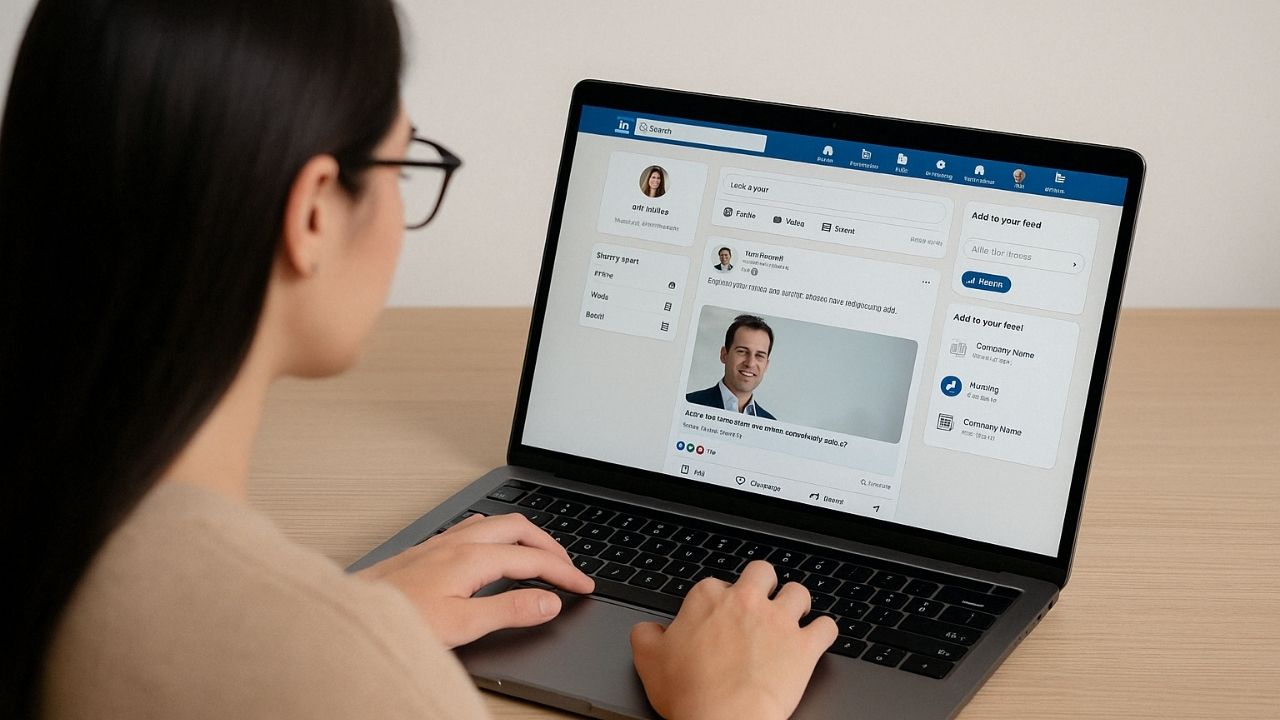Managing finances for a small business can be a daunting task. Keeping track of expenses, maintaining cash flow, and maximizing profits are crucial elements to the success of your business. Creating a budget is a great way to keep track of money coming in and going out, as well as predicting future expenses and income. In this blog post, we will discuss the importance of creating a budget and provide tips on how to create one for your small business.
Why create a budget?
A budget is an essential tool for small business owners to manage their finances. It helps you keep track of cash flow, meet financial goals, curb overspending, and predict future income and expenses. A budget allows you to see a clear picture of where your money is going, which expenses are vital, and what can be reduced or eliminated altogether.
Personal and business income separate
The first step in creating a budget is to separate your personal and business finances. This helps you maintain a clear view of your business income and expenses, enabling you to make informed financial decisions. To separate your personal and business finances, create a separate bank account and use it solely for business purposes.
Know your projected expenses
To create a budget, you need to know your projected expenses. Get a clear picture of all the expenses necessary for your business, such as rent, utilities, salaries, and supplies. Be thorough in your calculations, ensuring that you factor in all expenses, even the minor ones. It is better to overestimate than underestimate your expenses.
Know your category of expenses
Categorize your expenses to understand which areas of your business are consuming the most amount of money. Categorize expenses into groups like office rent, insurance, utility, employee payroll, and others. This information helps you identify where you can cut back to increase your profits.
Calculate your gross profit
Calculate your gross profit to estimate the amount of money you are earning before subtracting expenses. Gross profit is the income left after you deduct the cost of goods or services sold from your revenue. Understanding your gross profit helps you determine how much you’ll need to spend on your business expenses.
Find your net profit
Your net profit is the amount of money you have left after all expenses have been deducted from your gross profit. Calculating your net profit helps you understand the true financial status of your business. Be sure to set financial goals that are in line with your net profits.
Emergency fund
Including an emergency fund in your budget is crucial for any small business. An emergency fund gives you a financial cushion during tough times, such as during a recession or unexpected drop in sales. The emergency fund should be a specific amount of money set aside to help you weather the storm during challenging times.
Review your budget
Review your budget periodically to ensure you’re meeting your financial goals and to spot any problem areas. You should evaluate your budget monthly or quarterly to make adjustments as necessary. Keep in mind that a budget is a flexible tool that should be updated regularly to reflect changes in income and expenses.
Consider how to maximize your revenue streams
A budget is essential for identifying areas where you can optimize your revenue streams. Use your budget to explore new revenue streams to increase your profits. Brainstorm new ways to make money or find ways to reduce expenses to keep money in your pocket.
Creating a budget for your small business is an essential part of managing your finances. A budget helps you manage cash flow, predicts income and expenses, and limits overspending, ensuring that your business thrives. In this blog post, we’ve discussed the importance of creating a budget and provided you with valuable tips to help you create one for your business. Remember, a budget is a flexible tool that needs regular updating to reflect changes in income and expenses. With proper budgeting, managing your small business finances has never been more manageable.
Related content:
How Long Can a Small Business Survive Without Profit?
Reduce Fraud and Be More Efficient With Expense Management
Will Money Make You Happy? What New Research Says
6 Reasons Why a Budget Is Important for Your Business and Personal Finances











